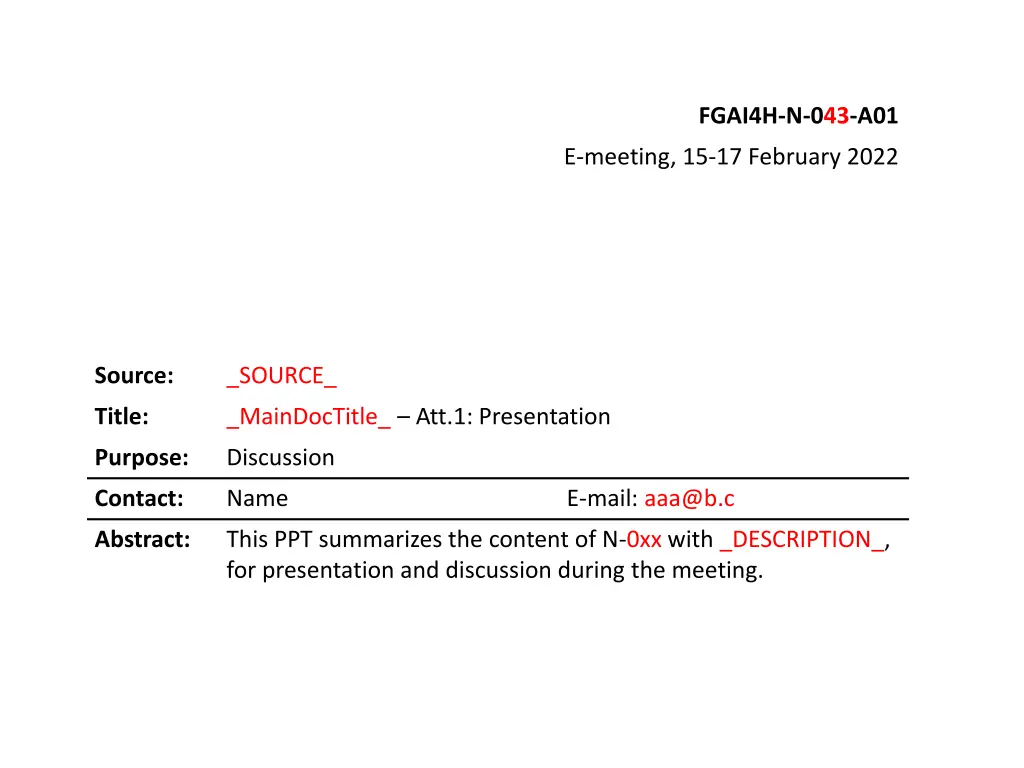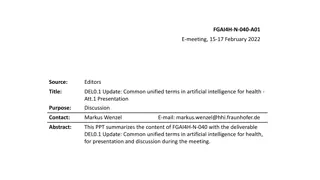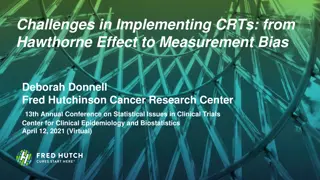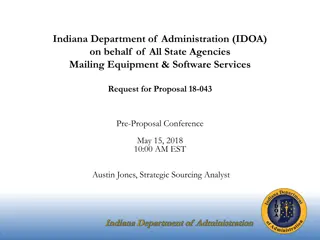
AI-Based Mobile Apps for Healthcare: Ensuring Privacy and Security
Explore the latest trends in AI-based mobile applications for healthcare, focusing on privacy and security concerns. Learn about key features, best practices, and the need for stringent privacy measures in the development of AI tools for health. Dive into discussions on leveraging mobile and cloud applications, coordinating benchmarking processes, and enhancing data security for improved healthcare solutions.
Download Presentation

Please find below an Image/Link to download the presentation.
The content on the website is provided AS IS for your information and personal use only. It may not be sold, licensed, or shared on other websites without obtaining consent from the author. If you encounter any issues during the download, it is possible that the publisher has removed the file from their server.
You are allowed to download the files provided on this website for personal or commercial use, subject to the condition that they are used lawfully. All files are the property of their respective owners.
The content on the website is provided AS IS for your information and personal use only. It may not be sold, licensed, or shared on other websites without obtaining consent from the author.
E N D
Presentation Transcript
FGAI4H-N-043-A01 E-meeting, 15-17 February 2022 Source: _SOURCE_ Title: _MainDocTitle_ Att.1: Presentation Purpose: Discussion Contact: Name E-mail: aaa@b.c Abstract: This PPT summarizes the content of N-0xx with _DESCRIPTION_, for presentation and discussion during the meeting.
FGAI4H-N-043-A01 E-meeting, 15-17 February 2022 Source: Editors DEL9.1 Title: DEL9.1 Update - Att.1 Presentation Purpose: Discussion Contact: Manjeet Singh Chalga ICMR, New Delhi , India E-mail: chalgams.hq@icmr.gov.in Contact: Khondaker A Mamun CMED Health Ltd., Dhaka Bangladesh E-mail: mamun@cmed.com.bd Contact: Aveek De CMS Social Impact Specialists, Bangalore , India E-mail: aveek@cms-india.org Contact: Prashant Chugh , Rakesh Singh Rawat Himani Gandhi, Sameer Ranjan Bidisha Mandal C-DOT, New Delhi, India E-mail: prashant@cdot.in E-mail: rakeshr@cdot.in E-mail: himani@cdot.in E-mail: sameer@cdot.in E-mail: bidisham@cdot.in This PPT summarizes the content of N-043 for presentation and discussion during the meeting. Usage of AI in healthcare is a game changer and inevitable. AI-based mobile applications for healthcare are on rise. Since privacy regulations have become stringent globally, AI-based mobile applications in the health domain need to be carefully designed to ensure privacy and security of personal data. This presentation proposes a draft of set of privacy techniques for AI-based mobile apps. Abstract:
Objectives: to discuss on development of AI tool for Health using Mobile Applications & Cloud Applications to provide a forum for open communication among various stakeholders, to coordinate the benchmarking process in collaboration with the Focus Group management and working groups.
Key features required for development of AI tool for Health using Mobile Application PAS 277:2015 Health and wellness apps. Quality criteria across the life cycle. Code of practice Good practice guidelines on health apps and smart devices (mobile health or mhealth) Guiding Principles of Practice and Transparency for Mobile Health Solutions (CTA-2073) 4
AI-based Mobile Apps for Healthcare : Security Concerns Best Practices Risk Analysis Right Architecture Is Minimal App Permission Security E nough ? Enhanced Data Security Not Saving Password Enforced Session Logout Multi Factor Authentication
Need for Privacy in AI-based Mobile Apps for Health Shortage of Doctors and Diagnostic Centers in India Standardized Applications & remote data analytics require stringent security and privacy Recent AI Advances Worldwide in Diagnosis of Diseases Key Increasing usage of Cloud for Healthcare Data storage and analytics Motivations Lack of Medical Data records for AI modelling Health ID and NDHM pave way for standardized mobile applications Policy push to telemedicine in India post- COVID-19 6
Need for Privacy Enhancing Technologies (PETs) in Healthcare Privacy Enhancing Technologies (PETs) refer to the set of techniques that are used to ensure that the data records can be used for AI algorithmic training and inference without disclosing the personal identifiable information (PII) of data records. The objective of PETs is to respect the privacy and the security of the underlying data while still being able to train and use AI systems. PETs give additional assurance to the medical data providers (individuals or diagnostic centers or hospitals) to provide medical data records for training and inference of AI-based algorithms for medical diagnosis. There are multiple hospitals that have patient data. If all that data could be used for AI training and inference using PETs, then much better diagnosis algorithms can be developed and better diagnostic predictions can be provide to the patients
Privacy Enhancing Technologies (PETs) REMOTE EXECUTION Federated Learning On Device Execution ENCRYPTED EXECUTION Homomorphic Encryption Secure Multiparty Computation DIFFERENTIAL PRIVACY Centralized Local
Homomorphic Encryption (H.E.) based Privacy Enhancing Technology A form of Encryption which allows specific types of operation on ciphertext and generate an encrypted result which, when decrypted, matches the result of operations performed on the plaintext Homomorphism - structure-preserving map between two algebraic structures (e.g. groups, rings or vector spaces) of the same type Preserve the operations of the structures Data owner can encrypt the data with a unique private key. Thus, personal data remains secure and private even when it is being used to train the AI algorithms and provide inference for medical diagnosis
Proposed Workflows of AI-based Mobile Apps with HE-based Privacy Enhancing Technology Fully HE workflow Standard workflow
Ethical Issues for Mobile Application for Health There are 17 principles mentioned in the ICMR - National Ethical Guidelines For Biomedical And Health Research Involving Human Participants According competence, the app must be developed in consultation with medical experts and contain accurate medical information. to Principle of professional All the guidelines related to Ethics issues must be followed 11
Thank you 12




